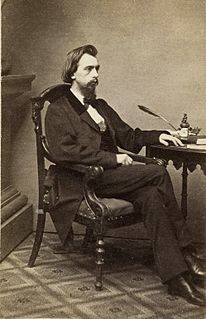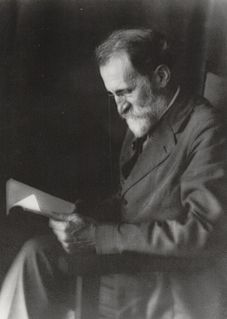A Quote by Steve Erickson
If Lincoln is among history's truly great men, he didn't achieve that stature until his final three years. This was when his long-held antipathy to slavery cohered into a dedicated hostility that gave larger purpose to the Civil War and also confirmed the logic of Lincoln's destiny.
Related Quotes
You pick up very well-known books on Lincoln [and] you will find almost no reference to his long-term belief in colonization. Why? Because it doesn't fit the image of the Great Emancipator. It doesn't fit the retrospective view we want to have of Lincoln as the man who was the moralist in politics, who came into office committed to ending slavery and waited to sign this document.
The general consensus among historians, among the ones who can handle the fact that 'Lincoln' is, in fact, historical fiction, is that we demonstrate enormous fidelity to history and that, beyond that, we've actually contributed a line of thinking about Lincoln's presidency that's somewhat original.
The Watsons have lost sight of the fact that Mercy Watson is a pig, and they love her truly, madly, deeply. They live next door to two elderly sisters, Eugenia Lincoln and Baby Lincoln. Eugenia Lincoln is horrified that a pig is living in the house next door. Baby Lincoln secretly likes Mercy a great deal.
One of the outstanding ironies of history is the utter disregard of ranks and titles in the final judgments men pass on each other. The final estimate of men shows that history cares not an iota for the rank or title a man has borne, or the office he has held, but only the quality of his deeds and the character of his mind and heart.
Remember that Abraham Lincoln was a Whig far longer than he was a Republican. As a whole, the Whigs looked upon banks and corporations as a more efficient means of development; the Jacksonian Democrats thought they were the tools of the devil, but Whigs like Lincoln disagreed. During his presidency, Lincoln favored the re-construction of a national financial system, and his most important 'internal improvement' project was the Pacific railroad.




































